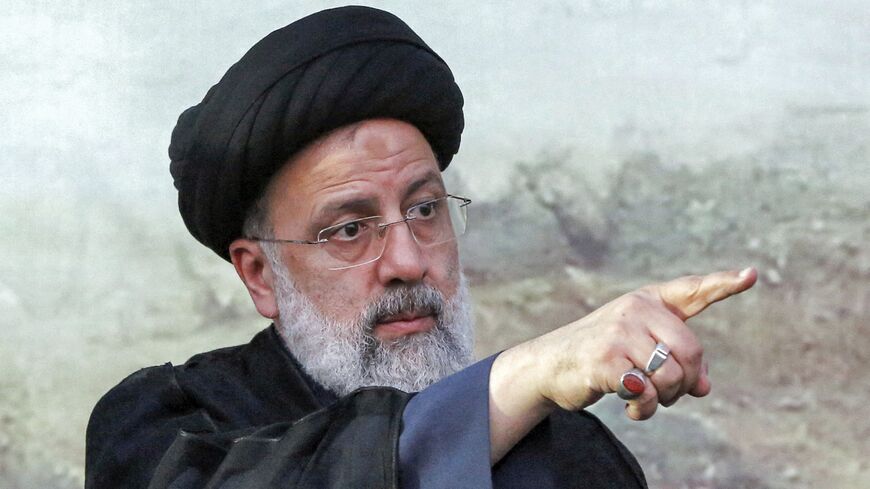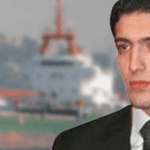Iranian President Ebrahim Raisi failed to show up Tuesday for a summit in Ankara that Turkey’s Recep Tayyip Erdoğan had earlier announced to reporters, but which Tehran itself never officially confirmed, Agence France-Presse reported.
The confusion around Raisi’s visit underscores the tensions that linger between the two regional powers despite their joint views on the Israel-Hamas war.
The Turkish presidency told AFP that Erdoğan had no meetings planned for Tuesday and did not explain whether the visit had been cancelled or postponed.
Erdoğan had personally announced the Iranian president’s first official visit to Turkey on his return flight from a summit between regional leaders in Riyadh on November 11 that was also attended by Raisi.
“Iranian President Ebrahim Raisi is coming to us on the 28th of the month,” Erdoğan told reporters on board the flight.
The visit was also announced by Turkey’s state media and discussed heavily on television as late as Monday.
But it was never officially confirmed by Raisi’s office or announced by Iran’s media.
Erdoğan and Raisi spoke by phone on Sunday evening, and the top diplomats for the two countries did the same on Saturday.
Iranian Foreign Minister Hossein Amir-Abdollahian expressed “his hope that with the continuation of high-level diplomacy between the two countries, the two (sides) can see the strengthening and deepening of mutual cooperation,” the Iranian foreign ministry said after the call.
Complex relations
Erdoğan has emerged as one of the Muslim world’s most outspoken critics of Israel’s onslaught on Gaza in response to Hamas militants’ October 7 attack.
He has branded Israel a “terrorist state” and called Iran-backed Hamas “a liberation group.”
But analysts believe that Iran wants Turkey to move past the rhetoric and cut its blossoming trade and energy relations with Israel.
“Iran expects Turkey to end its direct and indirect trade with Israel,” Istanbul’s Centre for Iranian Studies director Hakki Uygur told AFP.
“Turkey, on the other hand, has taken an attitude that cares about separating political and commercial issues.”
Gaza’s Hamas-led government says nearly 15,000 people — mostly civilians and including thousands of children — have died since Israel began to retaliate for Hamas’s unprecedented cross-border attacks in which Israel says 1,200 people died.
Iran and Turkey share a 535-kilometre (330-mile) border and a complex history of close economic relations and opposing views on regional disputes.
Turkey backed rebel efforts to topple Iranian and Russian-backed President Bashar al-Assad during Syria’s civil war.
Ankara’s support for Azerbaijan’s two victorious wars over Armenian separatists in Nagorno-Karabakh also created deep unease in Iran.
Tehran fears that Baku’s resurgence in the Caucasus region could feed the separatist ambitions of Iran’s large ethnic Azerbaijani minority.
Iran is also anxious about a proposed trade route running along its northern border between Azerbaijan and Turkey that could potentially complicate its access to Armenia.
“The most important conflict between Turkey and Iran was over the Caucasus and Karabakh,” Ankara-based Iran expert Arif Keskin said.
“With the Gaza conflict, this issue was pushed to the back burner, but it still remains there as an important issue,” Keskin told AFP.



